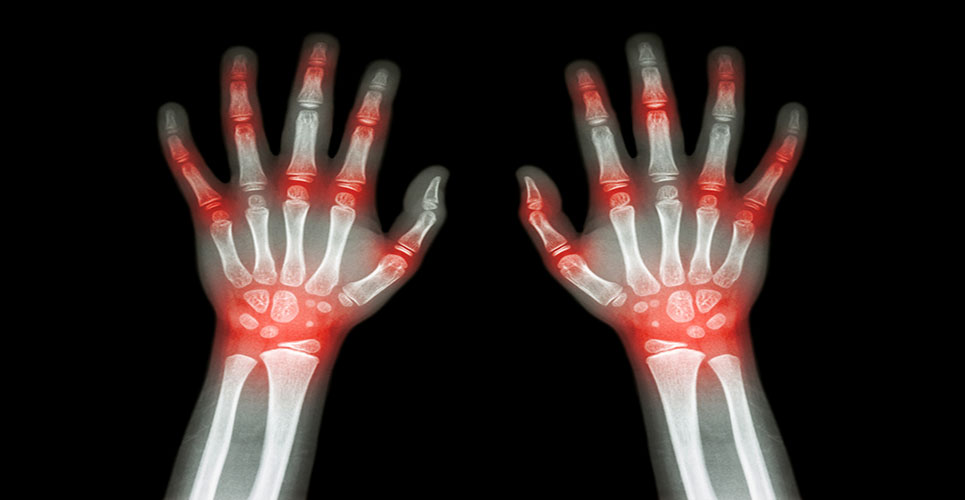teaser
A meta-analysis of randomised trials investigating the effects of acupuncture on osteoarthritis of the knee suggests that any benefits are probably due to placebo effects or patient expectations.
The authors of the analysis, carried out for the Cochrane Collaboration, note that osteoarthritis, most commonly of the knees, is a common cause of disability in older people.
Most available drug treatments have significant adverse effects and may even be of only limited benefit, so there is a great need for a safe and effective treatment. Acupuncture is safe with a low risk of serious adverse effects, so it is highly relevant to ask whether it is effective. The authors therefore carried out a systematic review and meta-analysis of the available literature.
They undertook a comprehensive search to identify randomised controlled trials of traditional acupuncture in osteoarthritis of the knee. In order to help exclude poor quality studies, they specified a minimum of six weeks’ observation.
Three control groups were identified: those given a sham procedure, those given other therapy additional to standard care, and those just given standard care while awaiting treatment. The primary outcome was difference in pain score between acupuncture and control at short-term follow-up (eight weeks to three months from randomisation).
The initial literature search identified 477 potentially relevant publications, of which 35 were eligible for more detailed examination and 11 fulfilled eligibility criteria for the systematic review. Two were excluded from meta-analysis because they had insufficient outcome data, leaving nine trials for analysis. Of these, seven included a sham control and three also had a non-acupuncture control group.
When compared with a sham control, acupuncture gave small, clinically irrelevant benefits in both pain and function in the short-term and at six months. However, there were clinically relevant benefits in comparison to waiting-list or usual-care controls, and these tended to last six months. No serious adverse events were reported.
The authors conclude that acupuncture does not give clinically relevant benefits in knee osteoarthritis when compared to sham-procedure controls, but it does show benefits in comparison to waiting-list or usual-care controls. They suggest this may reflect

